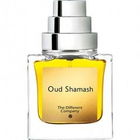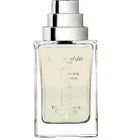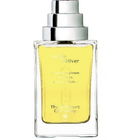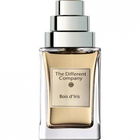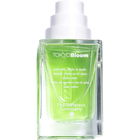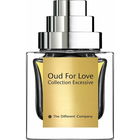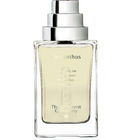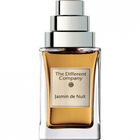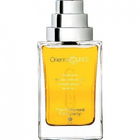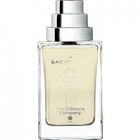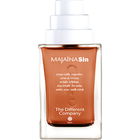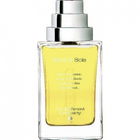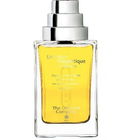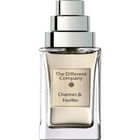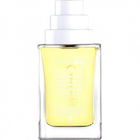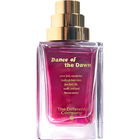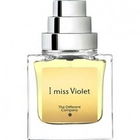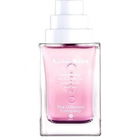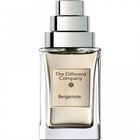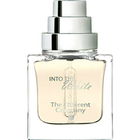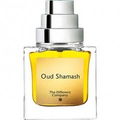That the Sabaeans were considered a wealthy people is not surprising: They traded in frankincense and myrrh; treasures worthy of a king, as the story of the newborn king in Bethlehem shows. Frankincense and myrrh, dissolved in oil, are indeed the most valuable substances of antiquity. Whoever masters the frankincense trade - and this magnificent coup is achieved by the Sabaeans in the 7th century BC - can no longer complain about financial worries. The Sabaeans are located in present-day Yemen, and for thirty years archaeologists have been digging there for a palace that is supposed to prove not only the wealth of the Arab people but also their legendary queen: Malkat Šĕva in Hebrew, Makeda in Ethiopian, Bilkîs or Balkîs (which is also Hebrew) in Islamic tradition.
Balkîs is an extraordinary woman. So little is known about her - and yet she appears in so many writings: in the Old Testament, in the Quran, and in Ethiopian legends. What is puzzling about her is that she is almost never identifiable by a name - only the Ethiopian writings specifically refer to her as "Makeda." All other names - and many have been attributed to her - are traditionally used, but historically hardly verifiable, just as her never-found palace.
It is also puzzling that her meeting with the famous King Solomon is shrouded in mystery: She comes to him with valuable gifts, posing questions, complicated, tricky riddles. And yet: If she really did meet him, then she was not the Queen of Sheba. Because the Kingdom of Sheba existed or at least flourished only two centuries after Solomon.
Now, this is not particularly surprising at first. Mixing historical figures, combining them, linking their deeds, and thus providing a new chronology is a pattern we already know from the Nibelungenlied; it served the mostly oral memory of our ancestors to bring extraordinary characters and central human conflicts into a logical context and thus preserve them, so that behaviors, conflict resolutions, and human failures could be recognized and passed on to future generations. Just as little as Attila, Brunhild, and Siegfried could have known each other, so too did Solomon and the Queen of Sheba not succeed in this. What is interesting, therefore, is what stereotypical behaviors, what mistakes, what peculiarities their fictional meeting should illuminate.
Solomon is not only wise on his ivory throne. And incredibly rich. He is above all a womanizer. He is said to have had 700 wives and 300 concubines - this casts a significant light on Balkîs, the namesake of our perfume. She must have been beautiful, extraordinarily beautiful, enchantingly beautiful - and also very, very rich. To his court, she strives in the story of the Old Testament, in the First Book of Kings, to convince herself that Solomon is indeed the one whose image is painted in the tales. To honor him with her state visit, she brings gifts: gemstones, gold, and the precious balsam oils of frankincense and myrrh. He did not need these gifts, as it is said in the First Book of Kings that his dishes were entirely made of gold. Yet the beauty of her gift-giver likely intrigued him, and so he engages with the questions the queen poses to test his intelligence. From Islamic tradition, the question about the water that comes neither from heaven nor from the earth yet can quench every thirst is passed down. Solomon correctly recognizes: It is the sweet sweat of the horse. He passes the test that this intelligent woman presents to him. The lesson is therefore that two equals in rank and name, in wealth and possessions can only appreciate each other when one’s spirit inspires the other.
If Balkîs, the Queen of Sheba, is not the biblical woman who met Solomon, then who was she? She was likely a queen, but not of Sheba; here the Bible was mistaken, as it often is. All paths to determine the identity of Solomon's fascinating visitor lead to Ethiopia: to Makeda, the legendary black queen. She may have known Solomon - Flavius Josephus, the Roman historian, at least reports that Solomon received an Ethiopian queen. She too was likely rich. And probably very beautiful as well.
Makeda, Balkîs presents herself to us as a riddle. As a mysterious woman who equally fascinated Hebrew, Ethiopian, and Islamic culture. When Céline Ellena characterizes her as "sublime," she captures the impression that the Queen of Sheba evokes in European, Oriental, and even American culture, which attempted to portray her in a grand cinematic epic with Gina Lollobrigida: She does not reveal her cards. She cannot be equated with other women. She cannot be dominated. She emancipates herself from the prevailing power and intelligence monopoly of men and stands up to them as an equal. At the same time, she employs the weapons that men do not possess and uses her beauty sublimely: Twice as effective.
Sublime Balkiss is a fragrance that perfectly encapsulates this female figure: It is completely enigmatic. I know of no other fragrance that I find so difficult to categorize, and the countless, completely different statements prove this. It is a scent that begins oddly round, velvety-fruity. The strangeness, the foreignness lies in the violet leaf, which opens a dark depth whose hidden foundation can only be guessed at. Present is the currant, but it is so intertwined with the individual flowers and these are so hard to separate from one another that a fresh, slightly fruity, lightly green, bitter scent emerges, which is literally "niche." It cannot be compared to any other perfume I know, and it clearly polarizes. You either love it or you despise it - but do you even understand it? Is it not much more enigmatic than it seems at first glance? It is feminine and at the same time strong, with a convincing sillage and a fairly long lasting power of about four hours. Although flowers and fruit and even cocoa are involved, it never vies for outside favor and employs no refined feminine tricks: It is not sexy. But mysterious. Not sweet. But feminine. Not floral. But in its depth, it hides something. It is self-assured. And the patchouli that I so rejected gives its bitter green note an earthiness that could not be more harmonious. It is a queen's scent. If the Queen of Sheba aka Ethiopia, the enigmatic Balkîs, had not fascinated Solomon with this scent - then she would not have succeeded with anyone. Perhaps he dedicated these words from his Song of Songs to the beautiful Ethiopian woman and her balsam-scented gifts:
"How delightful is your love, / my sister bride; how much sweeter is your love than wine, / the fragrance of your perfumes more precious than all balsam scents." (Song of Songs 4:10)









 Top Notes
Top Notes  Blackcurrant
Blackcurrant Egyptian violet leaf
Egyptian violet leaf Blackberry
Blackberry Blueberry
Blueberry Bergamot
Bergamot Heart Notes
Heart Notes  Damask rose
Damask rose Lilac
Lilac Lily of the valley
Lily of the valley Base Notes
Base Notes  Heather
Heather Cocoa
Cocoa Patchouli
Patchouli

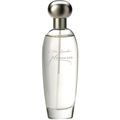







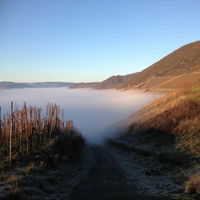



 YasSharov
YasSharov Gold
Gold Pollita
Pollita Stanze
Stanze Parfümlein
Parfümlein Heikeso
Heikeso FrauMieze
FrauMieze Pflanze
Pflanze Parma
Parma Gürteltier
Gürteltier